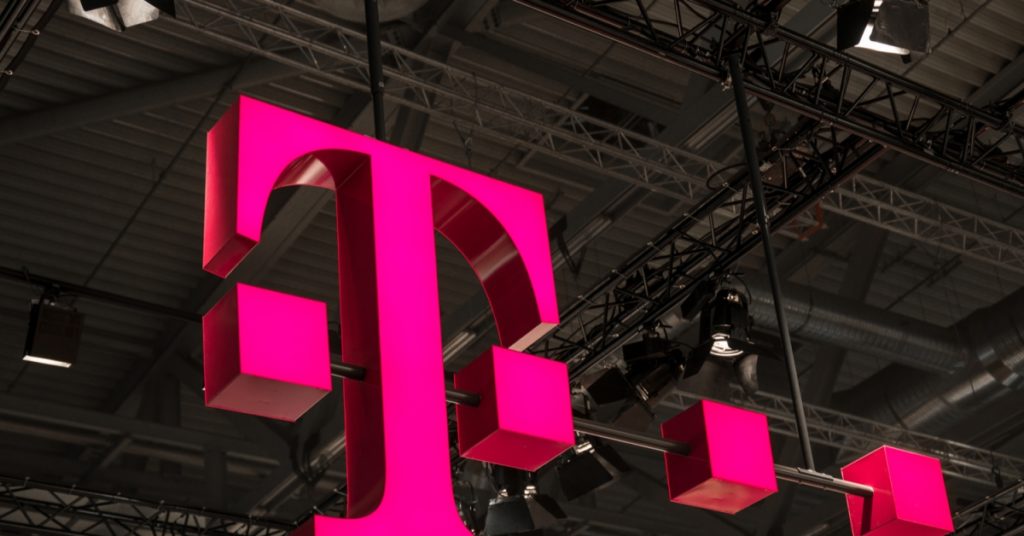
Not only that: T-Systems Multimedia Solutions (MMS), a subsidiary of Deutsche Telekom, says it has begun to focus on Flow Network, the ultra-scalable proof-of-stake (PoS) blockchain from CryptoKitties creator Dapper Labs, and has planning to start it staking on many other blockchains in the near future.
Investing in public blockchains
It is commonly believed that telecom giants are meant to be mired in proof-of-concept enterprise blockchains, or stuck making rather boring blockchain-as-a-service cloud offerings.
But for Deutsche Telekom this is not the case. “We started about five years ago, like everyone else, doing all those proof-of-concept enterprise blockchains,” said Andreas Dittrich, head of the Blockchain Solutions Center at Deutsche Telekom.
“But gradually we started to feel that we weren't focusing enough on public blockchains. This is where the digital value will be moved in the future and this is where a telecommunications company should be active ”.
T-Systems announced it would run a Chainlink node in summer 2020, just as DeFi practically exploded. Since then, it has been "one hell of a journey," admits Dittrich. “We were really getting into something new, providing a public blockchain infrastructure and starting a symbolic business model on it,” he said. “So obviously we started small, with few data feeds. But then they grew rapidly and now I think we are in the top three data providers on the Chainlink network ”.
Staking of Ethereum 2.0?
Dittrich acknowledges that there is an interesting confusion about the boundary between IT services and financial services. The hardest part was getting this right from a legal, risk management and tax perspective, Dittrich said.
T-Systems has partnered with Bankhaus Scheich as a broker and with Finoa, a Berlin-based cryptocurrency custodian, one of the many German companies awaiting a cryptocurrency custody license from the BaFIN agency.
“It's a pretty unique thing, because our business model means we need to be able to handle crypto tokens,” Dittrich said. “We have to have them on our balance sheet, various types of crypto tokens.
And it's a difficult thing to do for a company like ours ". Dittrich said his team has been busy examining a number of other candidates for it staking crypto. The elephant in the room, of course, is staking of Ethereum 2.0, the largest blockchain after bitcoin (quotation BTC) in the first phase of its transformation into PoS.
“We're not doing it yet staking of Ethereum 2.0, ”Dudka said. ETH's T-Systems purchases are necessary for Chainlink, he said, and must be spent on signing transactions on Ethereum's public mainnet. “There are quite a few networks in the pipeline that we intend to work on,” added Dittrich. "Of course, the biggest proof-of-stake networks are included, be it Tezos, Polkadot or Ethereum 2.0."
